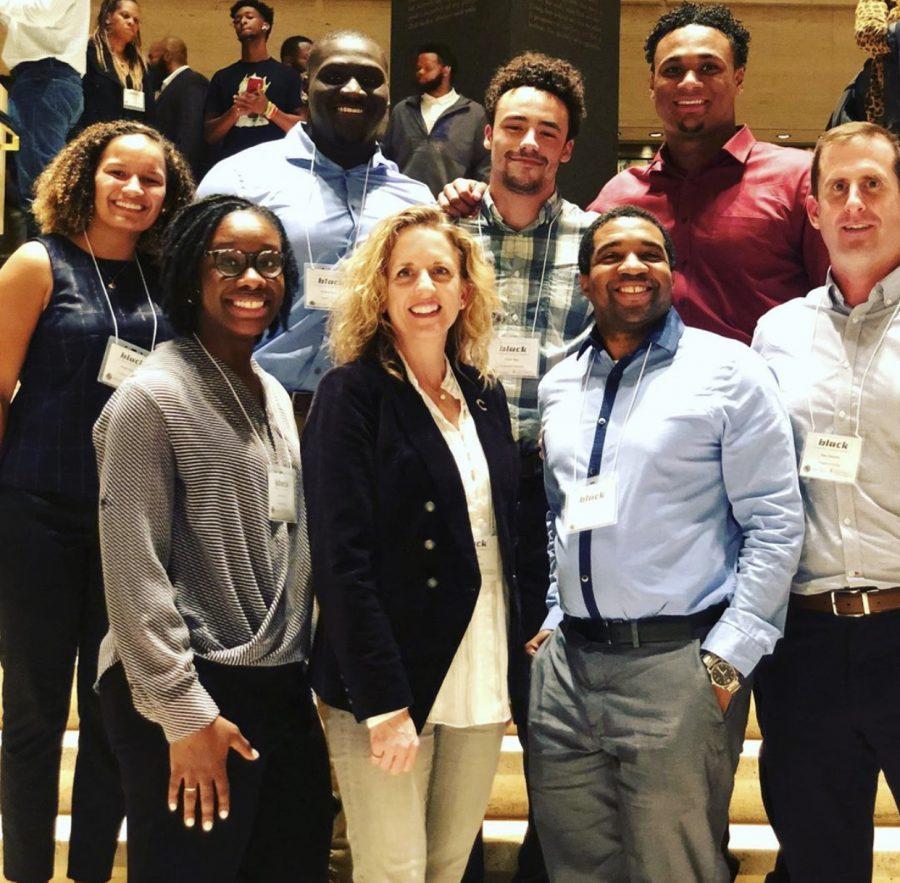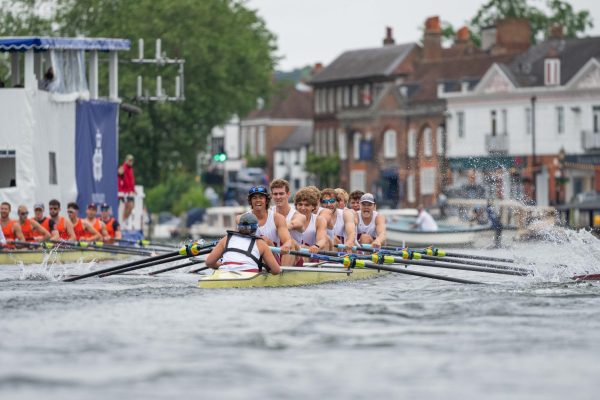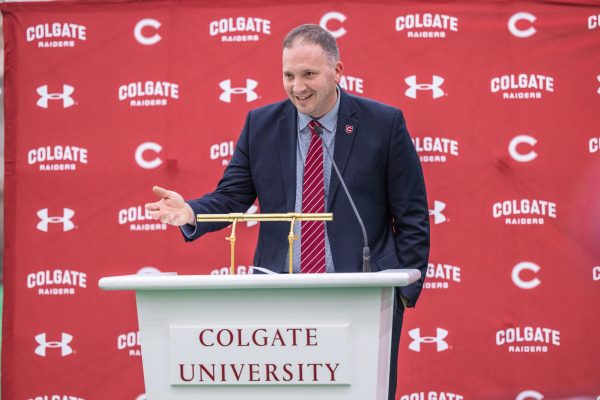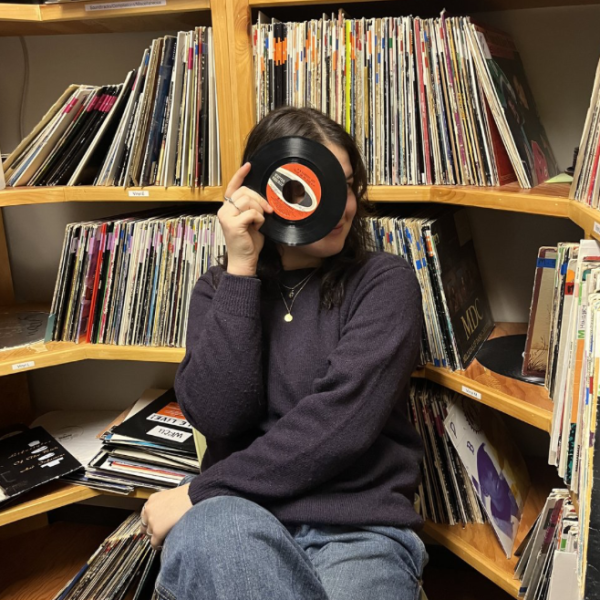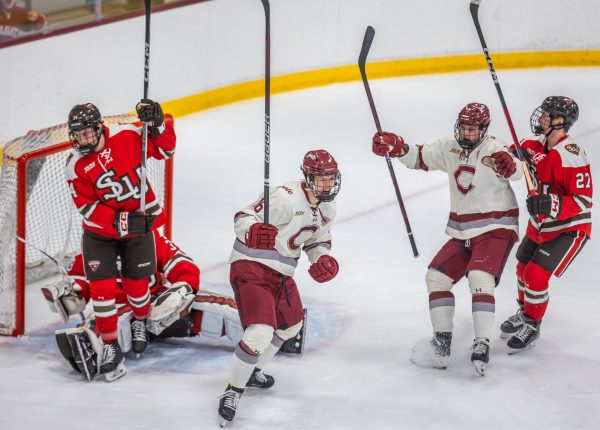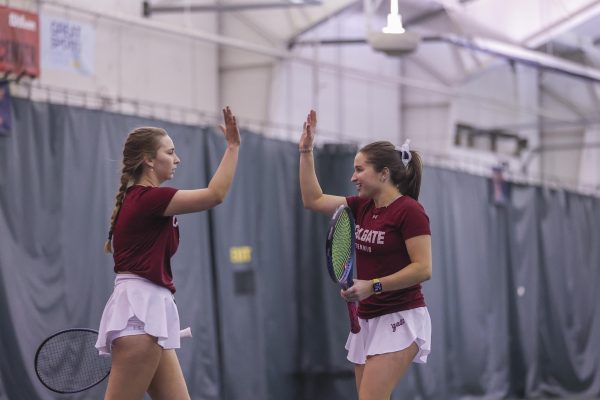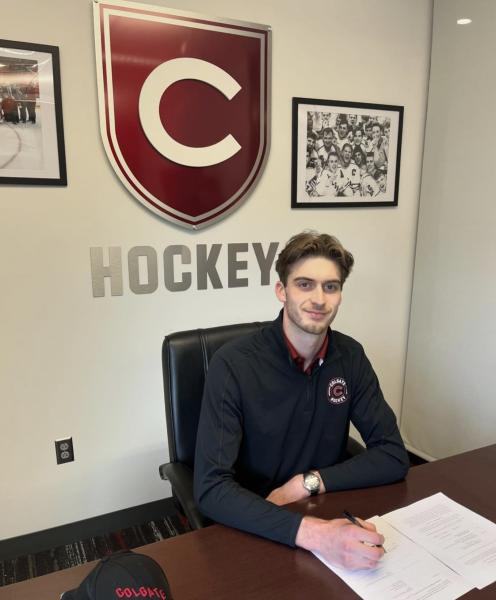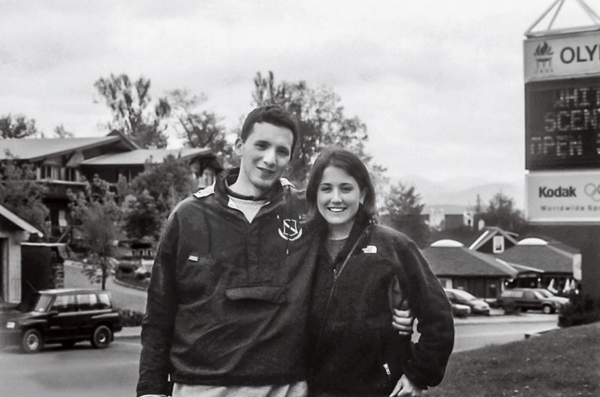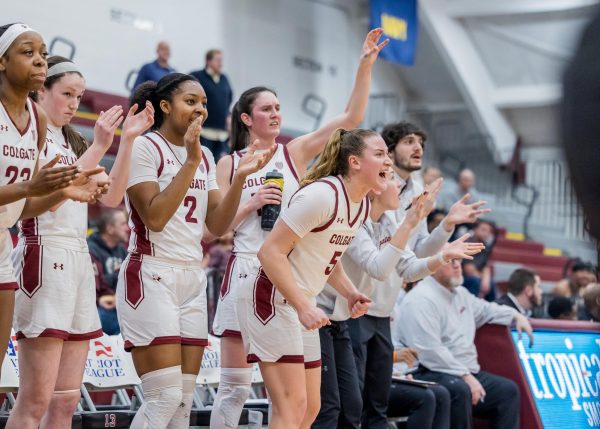Reflecting on the Sixth Annual Black Student Athlete Summit in Austin
To start off the new year, I had the privilege of attending the sixth annual Black Student-Athlete Summit hosted by the University of Texas at Austin.
This year’s conference hit record numbers of close to 500 athletes and administrators. Abdoul Kayoute, a junior on the football team, accompanied me to the summit along with five athletic administrators: Vice President and Director of Athletics Nicki Moore, Deputy Athletics Director Juliana Smith, Associate Athletics Director for Event Management and Facilities Jamie Mitchell, Associate Head Football Coach Stan Dakosty and Athletics Administration Fellow Malachi Hoskins.
The theme of this year’s conference was “The Mental Health of the Black Student Athlete.” Our group spent two and a half days unpacking issues pertaining to black mental and physical health as an athlete and the challenges that Black athletes face on their campuses.
We started each morning with presentations from students, athletic staff and researchers of the mental health of student athletes. These lectures addressed topics like identity management, the mental health of coaches, the intersection of athletic and racial identity and athletic identity foreclosure.
All of the presentations I heard were informative and tackled subjects that are oftentimes overlooked by many communities. I think it is really important that people bring attention to these issues, because of the pressure these students endure by competing at a high level in their respective sports.
In addition to this commitment, meeting the expectations of professors, coaches and any other extracurricular activities is something that so many athletes, especially black athletes, struggle with, but do not always feel comfortable or have a space to share these difficulties.
For the afternoon sessions, the student athletes were split from the rest of the attendees and we were able to share our experiences with one another.
Kayoute and I had the chance to interact with student athletes from Big Ten schools like the University of Wisconsin and the Ohio State University, as well as Big 12 schools such as University of Kansas and University of Texas at Austin.
The eight hours spent with these fellow student athletes was one of the best parts of the summit.
In these conversations, I learned a lot about the experiences of other student athletes at other schools, making me reflect on my time at Colgate and recognize the differences and similarities in our experiences.
Despite our various backgrounds, many of the athletes shared the notion of not feeling comfortable outside of the athletics department because they feel confined to their sport, making it harder for them to feel comfortable and welcome in other communities on our campuses.
We, as Black athletes, students and soon-to-be professionals, can elevate ourselves by focusing on our mental health that is directly tied to and influenced by our roles as student athletes. The second night of the conference was focused on Emmy Award-winning journalist Jemele Hill.
Prior to her current position as a senior staff writer at The Atlantic and host of the Spotify podcast titled ‘Unbothered,’ Hill was the chief correspondent and senior columnist for The Undefeated as well as co-anchor of SportsCenter with Michael Smith.
In this role at ESPN, she discussed the intersections of race, gender, politics, culture and sports. She discussed the NFL’s response to players such as Micheal Vick and Colin Kappernick and explained that the NFL’s dealings with situations like these are not usually about football and pertain to racial injustice.
Her work is focused on addressing problems in the sports world that seem to be straightforward situations, but in reality have several layers and perspectives to consider that can reframe narratives. Hill described her experience as one of the few black female sports journalists in the industry, which complemented the afternoon discussions in our student athlete groups that included conversations about being confident in one’s abilities and feeling comfortable to look and be different from our counterparts.
Since there is such a small population of black athletes at Colgate, I think it would be very beneficial if black mental health within the athletics community became a higher priority and more openly-discussed topic at Colgate.
Colgate attendees thought that there were some really good takeaways and new ideas from the conference that can be applied on our campus.
Some of these suggestions include bringing professional network clubs for people of color, such as SHEROS, a women’s community platform, to campus as well as creating spaces and training staff so that Black athletes feel comfortable to go to different resources for help.
Over those few days, I was encouraged to lean into uncomfortable conversations and embrace my feelings, because I would ultimately learn to welcome them and see glimmers of personal growth from them.
The summit created an uplifting community full of people that want to construct the best environment for student athletes, as well as ensure that marginalized populations, such as Black student athletes, feel supported at their respective schools.
It was a great learning experience and I highly encourage all Black student athletes on Colgate’s campus to consider attending next year’s summit, if they are given the opportunity.


